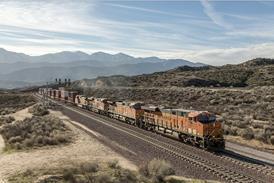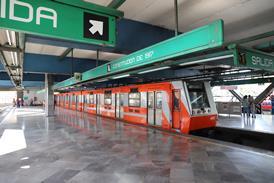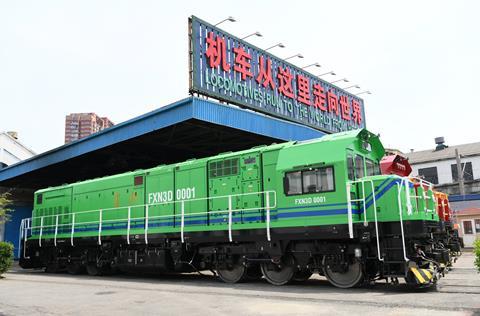
CRRC Dalian has developed a 3 000 hp diesel-battery hybrid locomotive, which it says requires the engine only to be started three or four times a day and run for 30 min at a time.
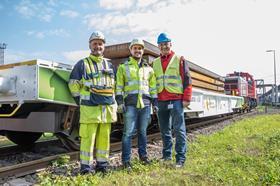
Steelmaker Voestalpine’s LogServ business is converting 15 surplus Faalns hopper wagons into Samns-x wagons for the internal movement of sheet and slab metal. They will replace life-expired wagons of a specialist design which is no longer readily available. The brakes, bogies, wheelsets, buffers and draw gear are being refurbished, with high-strength Voestalpine steel used for particularly stressed parts. The wagons are almost 20 m long, 4 m longer than a normal Samms wagons, and can carry a payload of 100 tonnes.
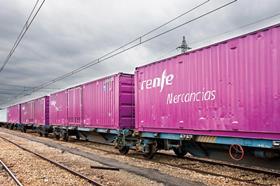
The European Commission has approved, under EU state aid rules, a €285m grant scheme in Spain which is designed to encourage modal shift from road to rail by supporting the construction or improvement of loading docks and terminals, and the acquisition or refurbishment of wagons, including for rolling motorway services. The scheme runs the end of 2025.
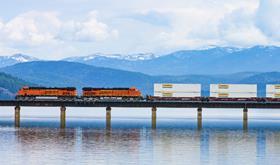
BNSF has opened a rail hub at the port of Tacoma to meet increased intermodal demand in the greater Seattle region. In mid-August the railway will launch a direct container-only joint service with JB Hunt between the Tacoma South facility and Chicago.
TransContainer has launched its first regular block train from Irkutsk to China via Dostyk in Kazakhstan, which is reached in 10 days. The service is targeting timber traffic, with TransContainer providing its own equipment and arranging transport through Russia and Kazakhstan. Transport in China can be arranged either by the customer or TransContainer’s agents. ‘In the context of the increased load at the Russian inland border-crossing points, it will allow the exporters to choose the best transport option in terms of speed and cost’, said Nikita Pushkarev, Sales & Customer Service Director. ‘We are going to dispatch up to three trains per month and consider increasing the number of shipments and expanding the geography of delivery in China.’
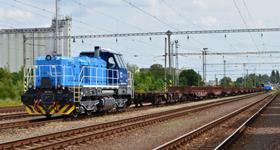
ČD Cargo has developed a ČDCgo mobile app which customers can use to monitor the status of empty and loaded wagons, including expected arrival times.
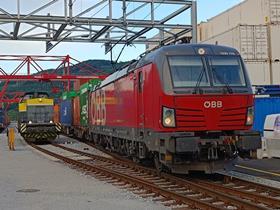
The line to the Linz AG container terminal has been electrified by LogServ’s Bahn-Service, eliminating the need to use a diesel locomotive for last mile operations. CargoServ is the first operator to run electric trains from the terminal, operating fours train a week to Wels and Duisburg jointly with ÖBB Rail Cargo Group.
On July 25 a ministerial order came into effect in Canada requiring railways to propose enhancements to pre-departure inspections and periodic maintenance of air brakes and address the elevated risks of operating trains in cold temperatures. It also requires railways to develop a winter operating plan. In September Transport Canada will launch a working group to consider the design and safety parameters of automatic parking brakes for wagons.
TransContainer says it is the first Russian company to arrange for regular container imports from China via the Kamyshovyi border crossing in Primorsky Krai, which was previously only used for transit traffic. ‘Diversification of routes and arrangement of import shipments via another border crossing point allows us to ensure efficient logistics’, said Asia-Pacific Business Development Director Vladimir Khlutkov.

